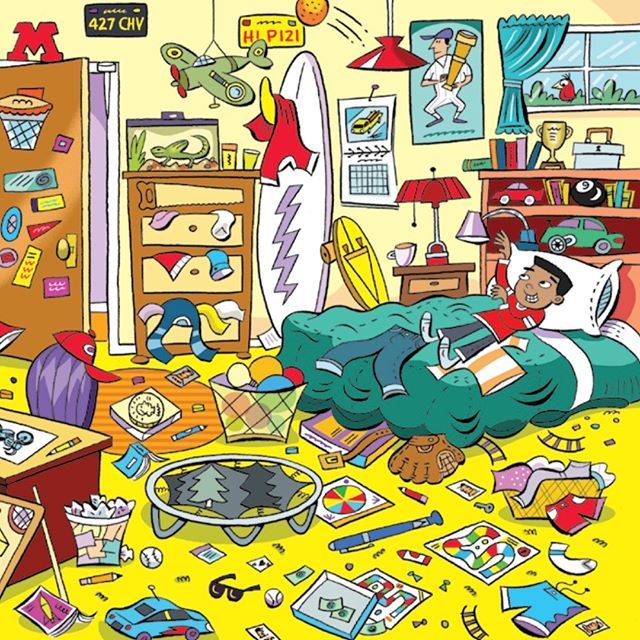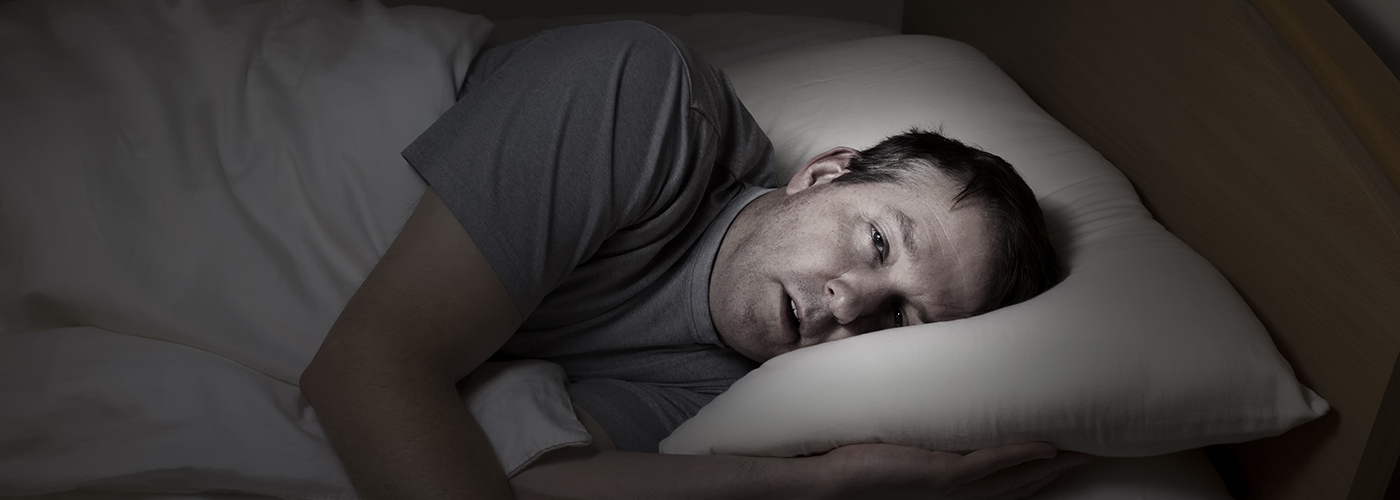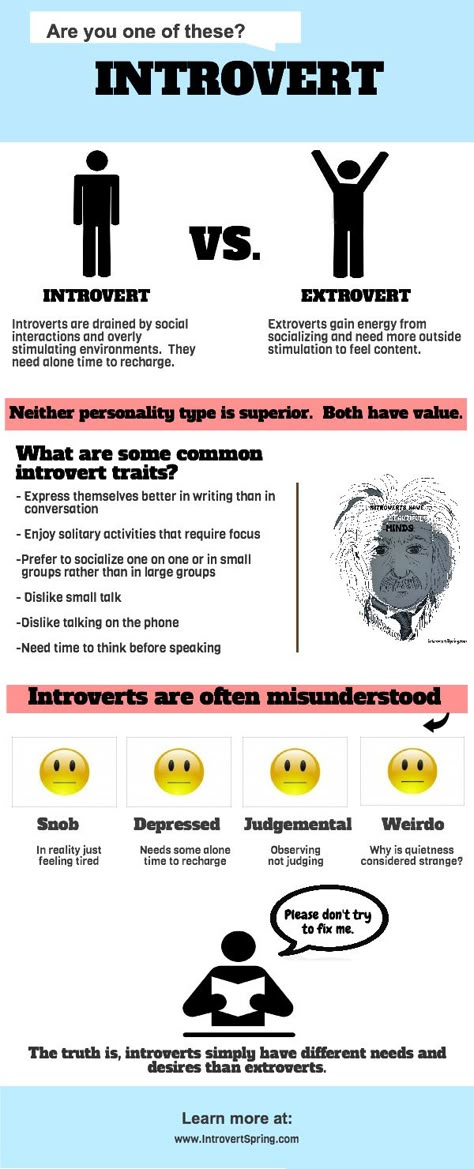How to unwind
Top 7 Ways to unwind, relax and take time for yourself
With many of us living life in the fast lane, it's hard to find ways to unwind, relax and just generally slow down. Stress can build up and grow if not tackled and can often result in us feeling overwhelmed.
Taking time out for yourself is one of the most important things you should do in life, yet many of us are trying to juggle everything else and won't have any 'me time'.
Allowing yourself to relax and unwind is vital to keeping yourself and your mental health intact. Follow our simple but expert ways to unwind, relax and just take time out for yourself.
Time alone
One of the most important ways to unwind is to have some time alone! If you're a busy parent, we completely understand that getting time alone can be near impossible. Some of us can't even go to the loo in peace before having our children calling out for us! (Honestly, 2 minutes of peace.
..please!)
But, it's essential that we spend some alone time to help quieten our thoughts. Maybe even get some perspective.
So, do whatever it takes. Leave the house if you live with others. Get a friend or family member to look after the kids. How you choose to spend your time alone is entirely up to you. Read a book. Have a bath. Listen to some music. Whatever. Just have some time to yourself!
Go for a walk... outside
Any form of exercise is ideal for destressing but we understand that it's not for everyone. Taking a walk, however, can make the world of difference and can really help us unwind.
Even if it's just a leisurely stroll in the countryside, you'll be surprised at how much it will help you!
In fact, as many of us are always rushing around trying to get places, we recommend a steady walk might just be the best thing for you!
Whether on your lunch break, before a good study session, or in the evening, take out an hour in your day to just walk outside.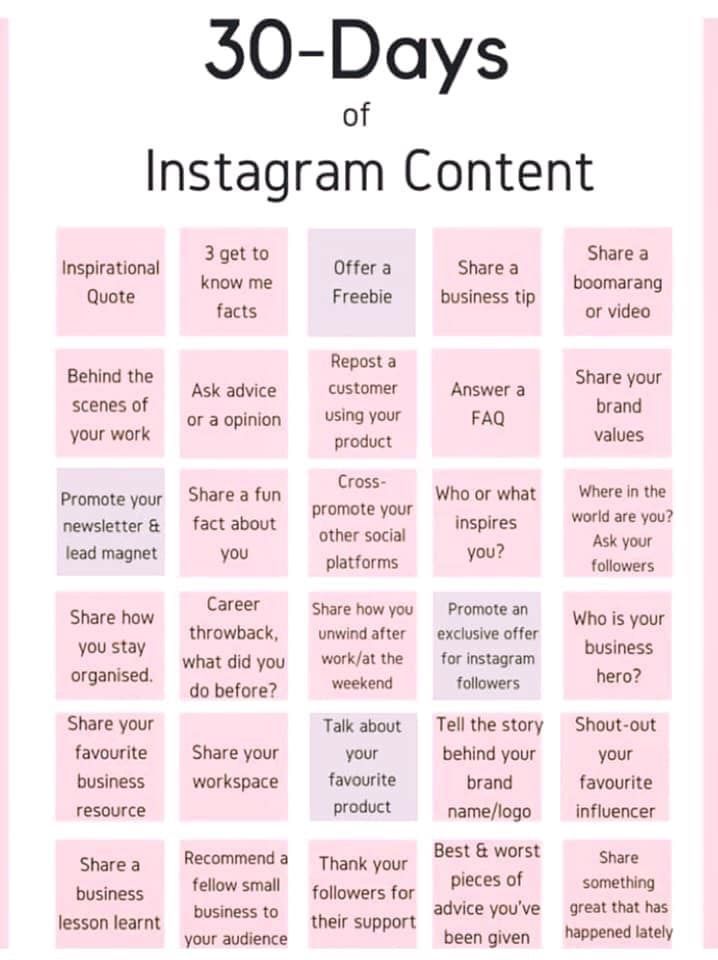
Simply being outside, getting the fresh air, oxygen to our brain, and our heart pumping our blood just a little more will make you feel ten times more relaxed and refreshed.
Colouring
Having recently become more popular and dare we say 'trendy', colouring is the perfect activity to unwind.
The act of picking up a coloured pencil and colouring in lines allows our minds to concentrate on the activity and, not on other things. It takes your attention away from yourself and life and allows you to be more present. It relaxes the brain.
It's a form of art therapy and whilst it's not for some, others may prefer this to soaking in a nice hot bath.
Take a nap
Napping is one of the best things you can do for yourself. Particularly, if you are tired and run down.
It can help us recharge, which will in effect make us feel much more energised.
The reality of actually having the time to nap may be non-existent. But, even on weekends - if you're feeling tired out, take half an hour out to lie down on your bed and nap.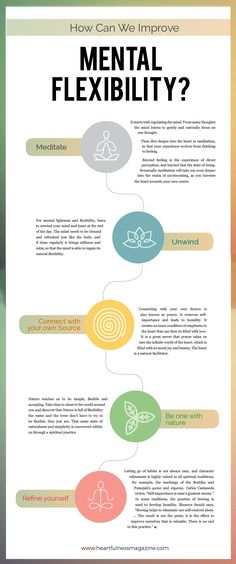
If you're lucky enough to have sleep pods in your office, make use of this. Or, you could always just nap at your desk!
Breathing or meditation
Slowing your breathing down is one way of ensuring your body is relaxed. The moment you breathe in deeply, it sends a message to the brain to relax. This then immediately slows an increased heart rate and blood pressure. It also reduces the production of stress hormones.
Try breathing in for ten, then out for ten. You will immediately feel much calmer!
Meditation isn't for everyone, but it's proven to help people relax and destress. Try different meditation techniques involving breathing, silence, and clearing your thoughts.
Listen to music
Listening to music can help us escape the moment which in return will aid our bodies to relax and unwind. It doesn't necessarily need to be classical or piano music, just music that you enjoy listening to. If heavy metal is what you're into (as long as it doesn't make your heart beat ten times faster), then listen to this.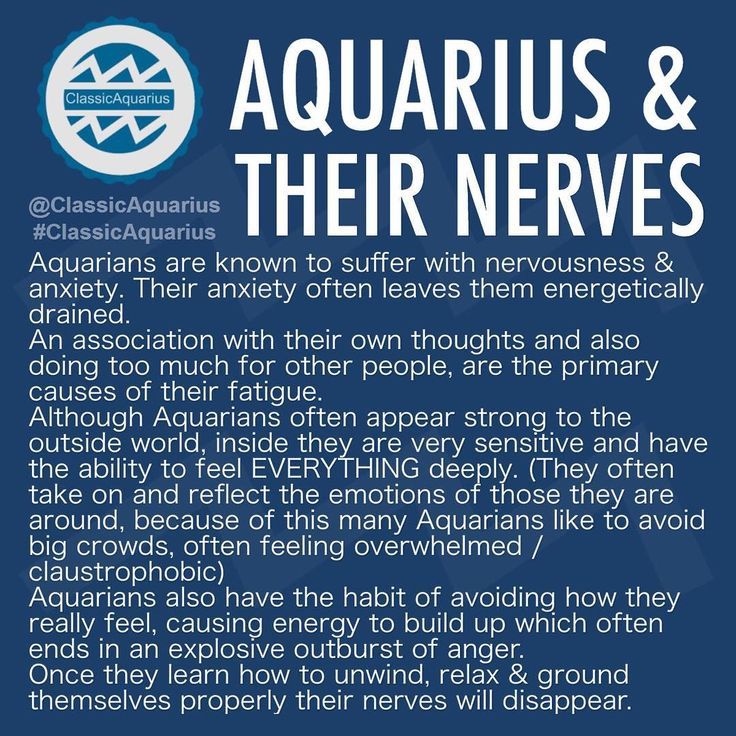
Whatever takes your fancy!
Putting headphones on will help block out any outside noise and can ensure you are in the moment, allowing you to unwind.
Take a bath
Now obviously having a bath isn't for everyone but, there's something amazing about laying in a bath of warm water! The heat soaks through to your muscles and relaxes them. Add candles, some natural-smelling oils, and some relaxing music and you are well and truly on your way to destressing!
Remember, no matter how busy your life is, you need to make sure you slow down every now and then and take time out to recuperate. You don't want to burn out! These aren't the only ways to unwind, relax and take time for yourself but they're certainly an easy start!
This is How to (Actually) Relax
When you feel overwhelmed or exhausted, it can be hard to shift gears into relaxing. These tips will help you to find your Zen.
Relaxing sounds easy, but in practice, that’s not always the case.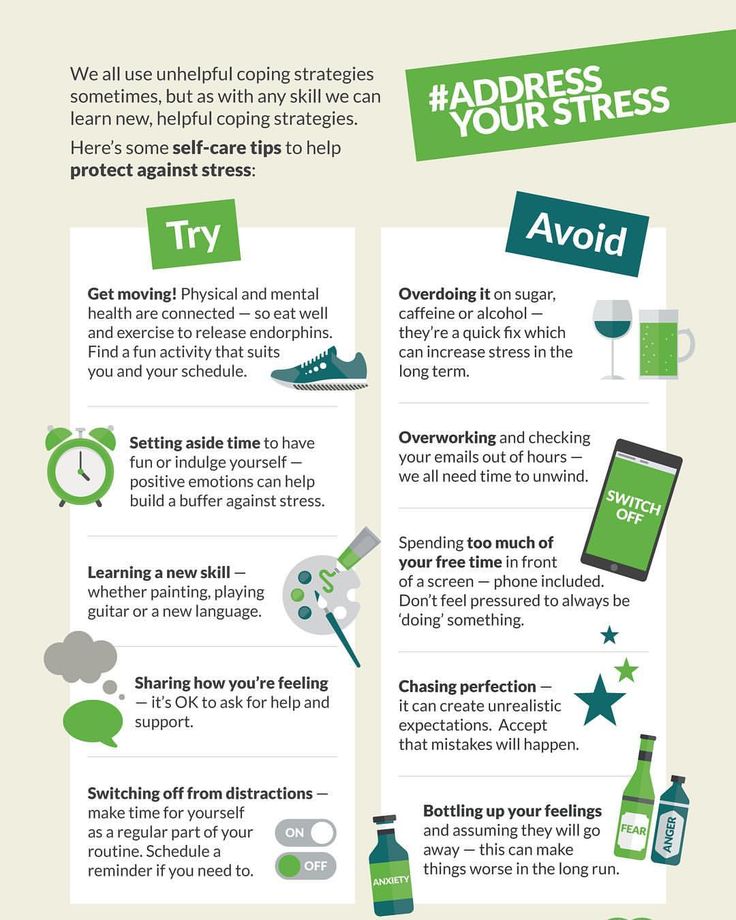
There are a lot of reasons why you might find it hard to unwind: Maybe you feel guilty about taking time for yourself, or your daily life is so busy that downtime just feels impossible. Perhaps you live with an anxiety disorder, or another condition that creates a lot of tension.
Sometimes, you might turn to an activity that seems relaxing but leaves you feeling more depleted afterward — for example, recreational substance use, or scrolling on social media. But there are lots of stress reduction techniques out there that you may find more restorative.
Below are 20 tips and techniques for how to:
- relax your mind
- release stress from your body
- find more balance
For starters, keep in mind that relaxation is an incredibly individual thing. It’s totally OK if you find many of these tips don’t work for you — the key is noticing what does.
If you have trouble identifying what makes you feel relaxed, don’t worry. That’s quite a common feeling, and might be an indication of just how burnt out you are. Try to take note of what happens in your body when you try a new technique, and use that as your barometer.
Try to take note of what happens in your body when you try a new technique, and use that as your barometer.
Deep breathing is one of the fastest and most scientifically reliable ways to relax. Research shows that breathing techniques can help to activate the parasympathetic nervous system, which allows the body to:
- relax
- rest
- digest
It’s the opposite of the sympathetic nervous system, which controls the fight-or-flight stress response.
There are lots of different deep breathing techniques, but an easy one to start with is 4-7-8 breathing.
You can:
- close your eyes
- inhale for four counts
- hold that breath for seven counts
- exhale for eight counts
Try taking a moment to gently massage your jaw, focusing on the temporomandibular joint (TMJ) just below your ears. You might be surprised by how much tension you find there.
Even if you don’t grind your teeth or have a TMJ disorder, it’s very common to clench your jaw unconsciously in response to stress.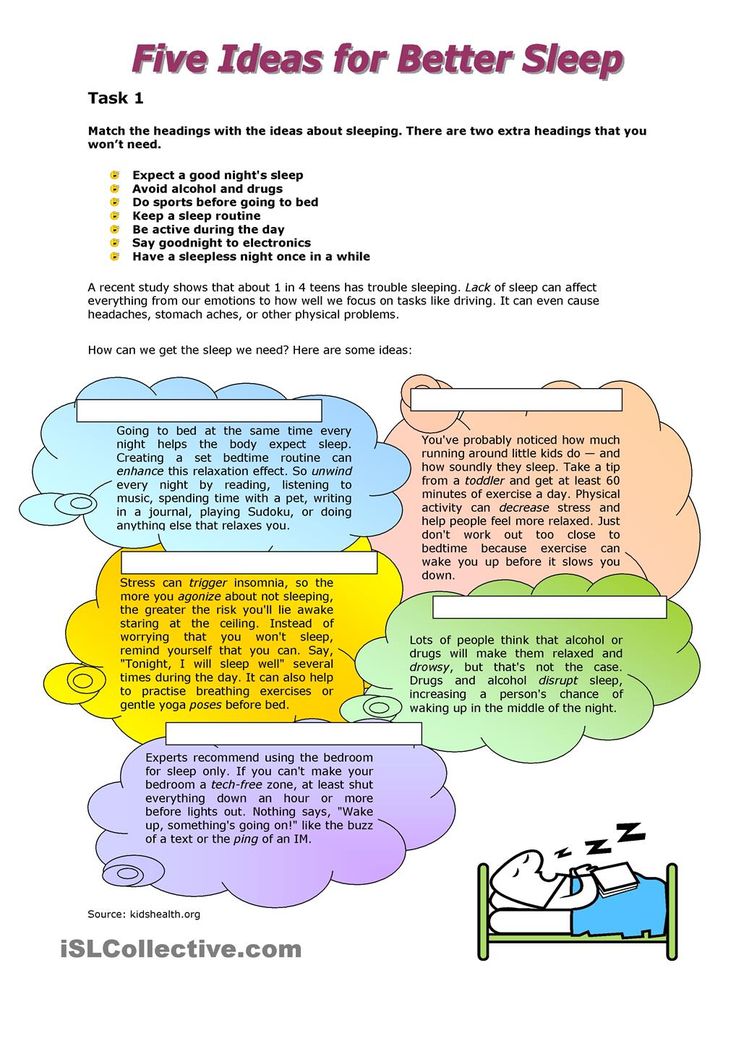 Over time, this can build up and create a lot of tension.
Over time, this can build up and create a lot of tension.
To release it, try resting your tongue gently on the roof of your mouth, and then allow your teeth to part a little. You can find more jaw-release exercises here.
Sometimes, it’s hard to relax if you know your to-do list is out of control. If you’re juggling lots of different tasks at once, try taking a few minutes at the start of the day (or whenever makes the most sense) to prioritize what’s most important.
Make sure that you’re realistic about how much you can get done in a day, and try not to overload yourself.
By the same token, it’s vital to keep track of the things you get accomplished, instead of always focusing on the tasks you didn’t manage to get to. One way to do this is by keeping a “ta-da list” – once you finish a chore, move it here from your to-do list.
By the end of the day, you’ll have a satisfying record of your triumphs, which can help you to feel like you’ve earned a break.
Spending time outdoors and in nature has been shown to improve mental health, and mitigate the symptoms of many conditions like depression and anxiety.
Consider some gentle exercise in a park, forest, or any outdoor space you have access to. Alternatively, you could volunteer at a community garden or farm, or explore a new hobby like bird-watching or foraging.
If it’s a challenge for you to spend time physically in nature, there’s another option – visualize yourself there. Research from 2018 suggests this can have a surprisingly powerful effect on mood.
Visualization is a meditation technique that involves focusing on a particular mental image or scenario, as a way to relax or to feel more confident. Guided visualization meditation can be a wonderful way to start a practice.
Iceland hosts this joyscrolling site, of visual and auditory ASMR.
Exercise is a powerful tool for relaxation, possibly because it triggers the release of feel-good neurotransmitters like endorphins while reducing stress hormones like cortisol.
But you don’t necessarily need an intense workout to reap the benefits. Try starting with gentle and meditative movements like:
- yoga
- stretching
- a walk outdoors
Here’s a list of 8 exercises (mostly) outdoors that don’t feel taxing.
Grounding yourself in the here and now can help you to relax both physically and psychologically. Especially if you’re prone to rumination.
You can do this by:
- closing your eyes and focusing on your breath
- paying close attention to the details of your physical environment
- mindfulness meditation practice
Getting enough sleep is a key part of keeping stress managed. And if you’re not able to get enough at night, you can seize the opportunity to catch up during the day. Just be sure to set an alarm.
A catnap of around 20 minutes should get you some much-needed stage 2 sleep, which enhances alertness and boost your mood.
A lot of people are much harder on themselves than they ever would be on someone else. If that sounds like you, try to take a step back, and imagine that you’re speaking to a friend who’s stressed out.
What would you suggest they do? You could even try writing it down if it makes it easier to externalize your situation.
We tend to think of playtime as being solely for children, but it can be just as valuable for adults. Play can be just about any activity that is both pleasurable and done without purpose — in other words, just for the fun of it.
If you’re having trouble imagining what play might look like for you, start by thinking about how you played as a child. If you loved climbing trees, maybe you could go to a climbing gym. If you loved arts and crafts, consider getting yourself some paints.
If it was (or is!) dancing, then you know what to do!
The key is to find something you enjoy without any end goal in mind.
By offering help to a loved one, or even to a stranger, you could be doing yourself a favor too. According to research, helping other people can actually dampen the impact of everyday stress, and make you feel more relaxed and in control.
There’s a caveat to the above tip, though — always make sure you’re prioritizing your own well-being first. Think of the announcement on an airplane where you’re told to put your own oxygen mask on before helping anyone else.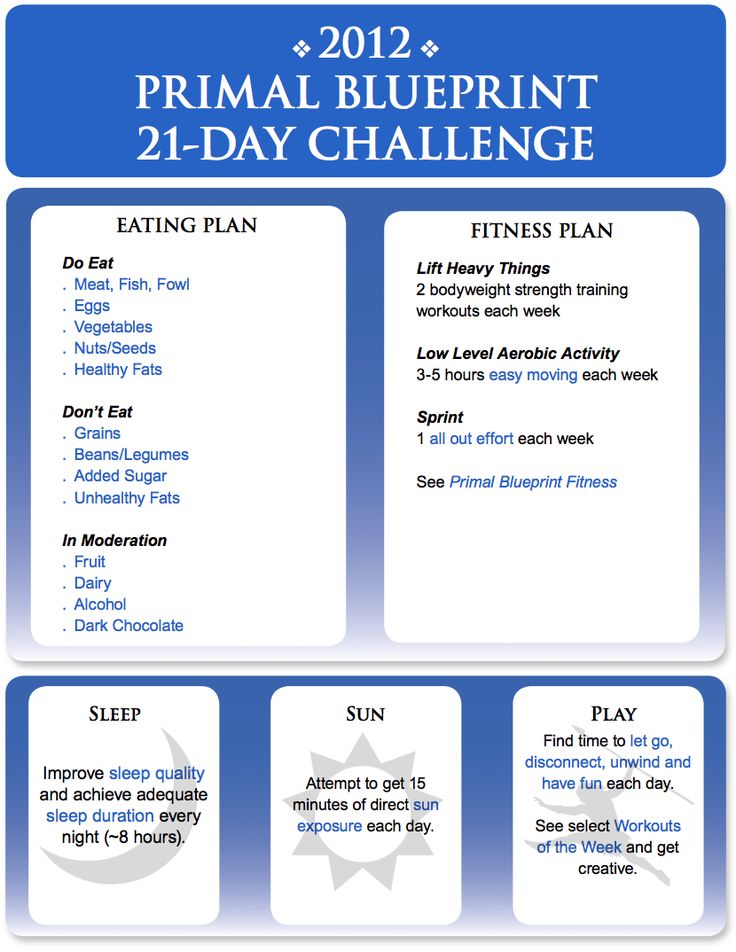
By the same token, you can’t give help and support to others if you’re not already giving those things to yourself. Stress management starts with self-care.
If you or a loved one has ever been in a 12-step group for recovery from substance use, you may be familiar with the Serenity Prayer: “God grant me the serenity to accept the things I cannot change, courage to change the things I can, and the wisdom to know the difference.”
This is a valuable message for anyone to learn. It’s natural to worry about things you can’t change, whether it’s something close to home like the behavior of a loved one, or something more global like the environment.
But if you focus on things that are within your control, you may find yourself feeling less stressed and overwhelmed.
If you’re in a stressful situation and can feel the tension overtaking you, don’t be afraid to give yourself some literal space.
You can excuse yourself to the restroom, and use that time out to do a breathing exercise, a visualization, or any other brief activity that helps you to relax physically.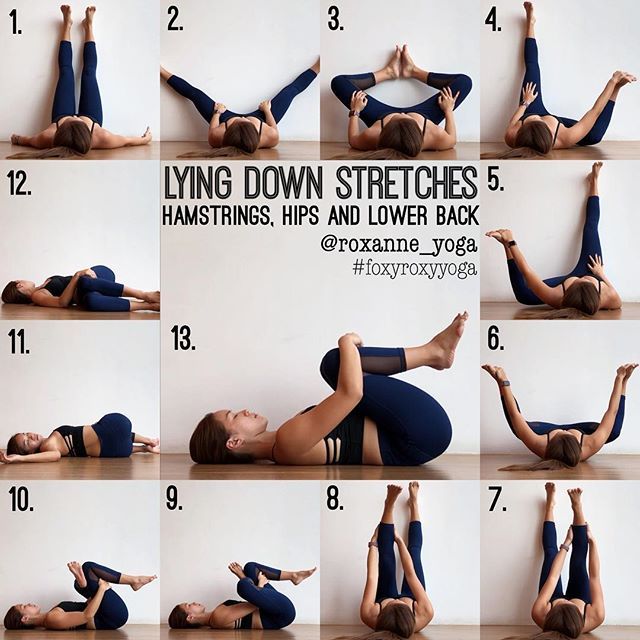
This is another option for that bathroom break. For most people, activities like brushing your teeth and washing your face call to mind either the beginning of the day or the beginning of the night.
By going through these rituals in the middle of the day — or whenever you feel stressed — you can physically signal to your brain that you’re starting afresh.
If you want to take this a step further, immersing your face in cold water may reduce your heart rate and make you feel less stressed.
Journaling can be a very powerful way to express whatever emotions are causing you stress, and has been shown to help with:
- anxiety
- depression
- trauma
- among other mental health conditions
You don’t need to write very much — consider starting with just a sentence or two, and see where the process takes you.
It’s all too easy for the workday to blend into the evening, particularly if you work from home or frequently have to answer emails after hours. This can mean you never get a chance to really unwind, which, in turn, can impact your sleep.
This can mean you never get a chance to really unwind, which, in turn, can impact your sleep.
Developing a simple bedtime routine can help to signal to your brain that it’s time to start winding down. Your routine could include some of the tips above, like journaling and deep breathing.
Many people find it helpful to designate some tech-free time before bed. Whatever you choose, the main thing is to be consistent, so that over time you begin to associate these activities with bedtime.
How to relax: 8 ways The Challenger
Is it time to release emotional stress? And then everything - boil like a kettle? Try to follow our advice - they should help and gradually turn you from a nervous animal into a plush animal.
1. Use calm colors in clothes
Certain colors help to relax, but you should always consider your inner world. If you work to the point of exhaustion and compete even with yourself, then “water” colors are your gamma. Blue and green will relieve stress. If you are a calm person, pastel shades and earth colors will suit you. Decorate your desk or bedroom with them, or put on a soothing color blouse if you feel like the day is going to be tough. nine0003
Blue and green will relieve stress. If you are a calm person, pastel shades and earth colors will suit you. Decorate your desk or bedroom with them, or put on a soothing color blouse if you feel like the day is going to be tough. nine0003
2. Remove social media apps from your phone
It's not easy to uninstall social media apps from your phone. But don't worry, they will remain on your computer. The use of advanced technology is one of the causes of stress and anxiety. When a person is constantly distracted, it is not easy to focus on the present, to enjoy small events, to slow down the fast pace of life. And the lack of social networks will help you focus on the main thing.
3. Relax in the morning
Waking up on the first wake-up call can be effective, but it will definitely prove to be a stressful time in your life. Start your morning with 10-15 minutes of relaxation: meditate, read a magazine, or just enjoy the silence. This will help you prepare for the day ahead and cope with any business.
This will help you prepare for the day ahead and cope with any business.
4. Use orange or rose oil
Forget lavender. The next time you feel tense and stressed, call on orange or rose oil to help. The smell will help to relax both the body and the mind. Try beauty products based on soothing fragrances. You can add a couple of drops of oil to your body lotion and while your skin is moisturized, the mind will calm down. nine0003
5. Apply the 16 second rule
Just 16 seconds is enough to relax. First, think about what has been bothering you in the last days. Then take a breath and imagine how the air passes through the lungs. Hold for a moment and exhale as you imagine the air moving up through your throat and out through your nose. This technique will quickly and effectively help you relieve stress.
6. Chat with friends
You do not just call a friend when you feel bad, there is a scientific explanation for this. Hanging out with friends creates a shock absorber for the stress hormone cortisol, according to study Developmental Psychology. In addition, the chance that your friend will want to take a walk is high, and this will also help to relax.
Hanging out with friends creates a shock absorber for the stress hormone cortisol, according to study Developmental Psychology. In addition, the chance that your friend will want to take a walk is high, and this will also help to relax.
7. Take yourself out of a stressful situation
During periods of anxiety, a person often has an emotional warning, such as a stomach ache. Sometimes we do something wrong, something that is not characteristic of us - and this also causes stress. At this point, stop for five seconds, look around, lean back in your chair or on your heels to separate yourself from the interlocutor or the floor. This technique will help you calm down and prevent you from saying too much. nine0003
8. Smile
Whether you're in a good mood or not, it doesn't matter - a simple smile will instantly make you relax a little. According to Psychological Science Study , , participants who smiled after a stressful event had lower heart rates than those who maintained a neutral face. Thus, smiling reduces stress on the body.
Thus, smiling reduces stress on the body.
If you liked this material, you can subscribe to our Facebook page or VKontakte. And you will know how to take care of your health, you will become so beautiful that everyone around you will simply envy you. nine0040
Our juicy Instagram is here.
Subscribe to The Challenger!
Share
How to relax in 5 minutes: a simple relaxation technique
March 4, 2022 Health
These tips will help you cope with stress if you need to quickly recover, but attempts to calm down do not work. nine0003
We need anxiety and stress to protect ourselves from danger. The brain evaluates the environment. If something threatens our safety, it puts the body into combat mode to fight and run. But most of the stressful situations we face every day don't kill us. Maybe we are arguing with colleagues, preparing for an exam, or going on a first date. Under such conditions, the reactions of the body only interfere, we are nervous and cannot concentrate on work, remember information or be creative. nine0003
If something threatens our safety, it puts the body into combat mode to fight and run. But most of the stressful situations we face every day don't kill us. Maybe we are arguing with colleagues, preparing for an exam, or going on a first date. Under such conditions, the reactions of the body only interfere, we are nervous and cannot concentrate on work, remember information or be creative. nine0003
Need to turn off the tension and relax. But how to do it if you are worried? The brain is overexcited, and the self-belief that everything is in order and you need to pull yourself together does not work.
Do not confuse relaxation and rest. No one bothers to sit and do nothing at the same time, but at the same time to worry and worry. So just a break in work will not help to relax and calm the nervous system.
The best option is to act from the side of the body, that is, to relax the muscles and remove the effects of stress. The brain will decide that since the body is calm, there is no danger, then you can calm down.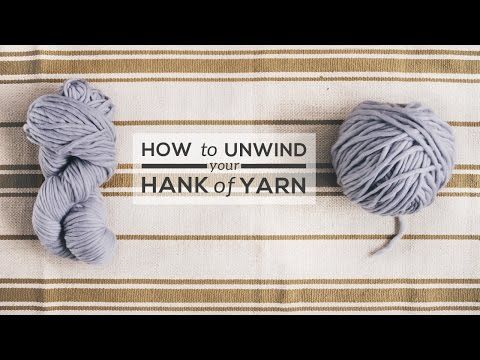 nine0003
nine0003
To do this, try the deep relaxation technique offered by No Panic, a charity that helps people with anxiety and panic disorders.
Start relaxing
To feel the effect of the first sessions, find a comfortable and quiet place where you will not be distracted for at least five minutes. It is better to work out the technique at home, in comfortable clothes, so that later you can repeat it in other conditions.
Turn off the music, turn off the lights if possible, and sit in a comfortable position. Breathe freely while exercising, do not hold your breath or try to breathe deeply. Think that you only need to relax, nothing else. nine0003
Feel the difference between tension and relaxation
To relax, you need to feel tension. Start with the hands. Clench your fists as hard as you can and count to 10. After that, relax your fists so that your fingers rest freely on your knees or on any other surface. Feel how your hands move differently when they are tense and relaxed, remember the moment of relaxation and leave your hands in a calm state.
Then you need to alternately tighten and relax the muscles in the whole body in the following order:
- Forearms. Bend your elbows and try to bring your fists to your shoulders.
- Muscles of the back of the arms. Extend your arms as far as you can.
- Shoulders. Raise your shoulders towards your ears.
- Neck. Tilt your head back.
- Forehead Raise your eyebrows as if asking a question.
- Eyelids. Close your eyes tightly.
- Jaw. Clench your teeth.
- Tongue and throat. Press the tongue on the palate.
- Lips. Press your lips together tightly, as if holding something small with them.
- Chest. Inhale deeply and hold your breath.
- Stomach. Tighten your abs as if you were about to hit.





